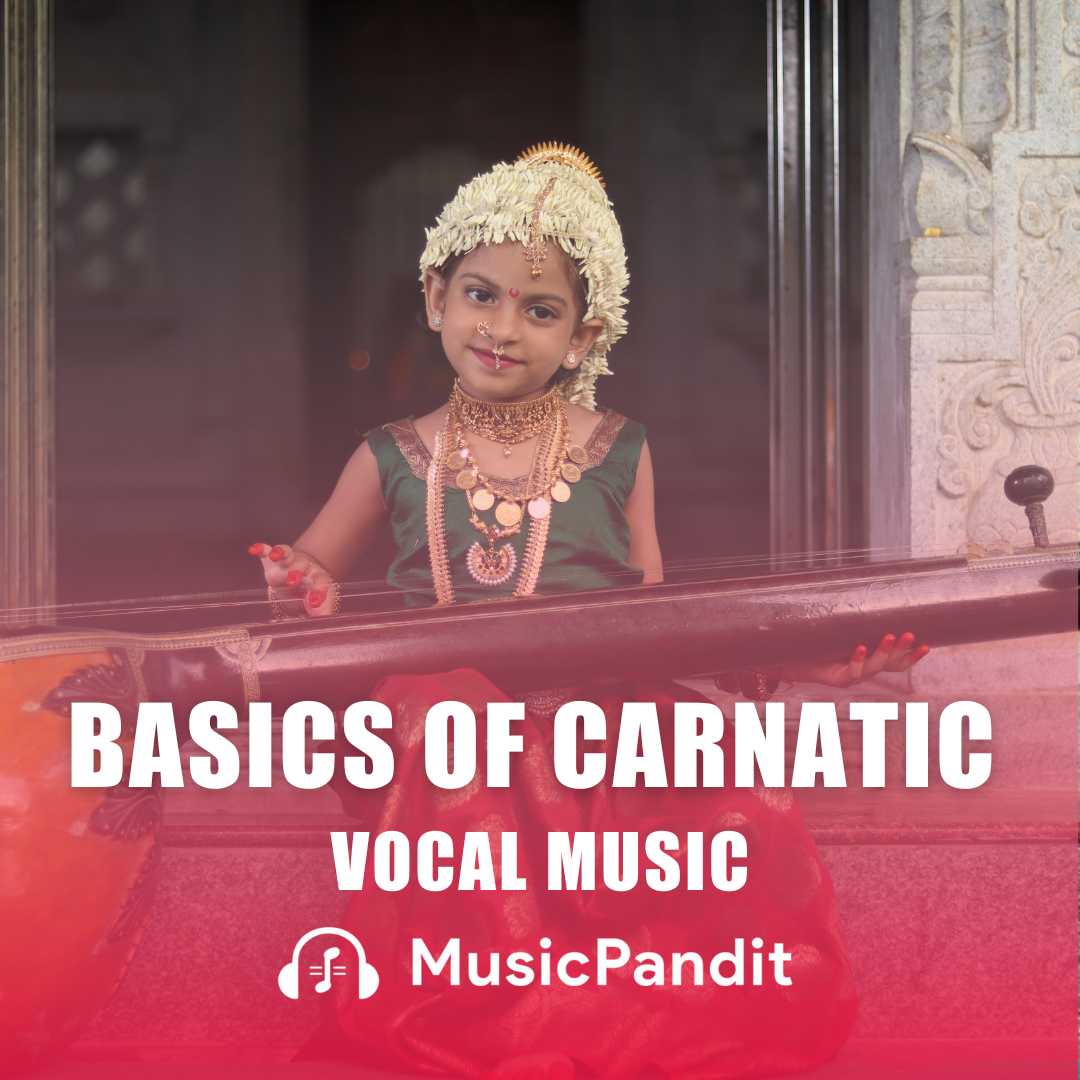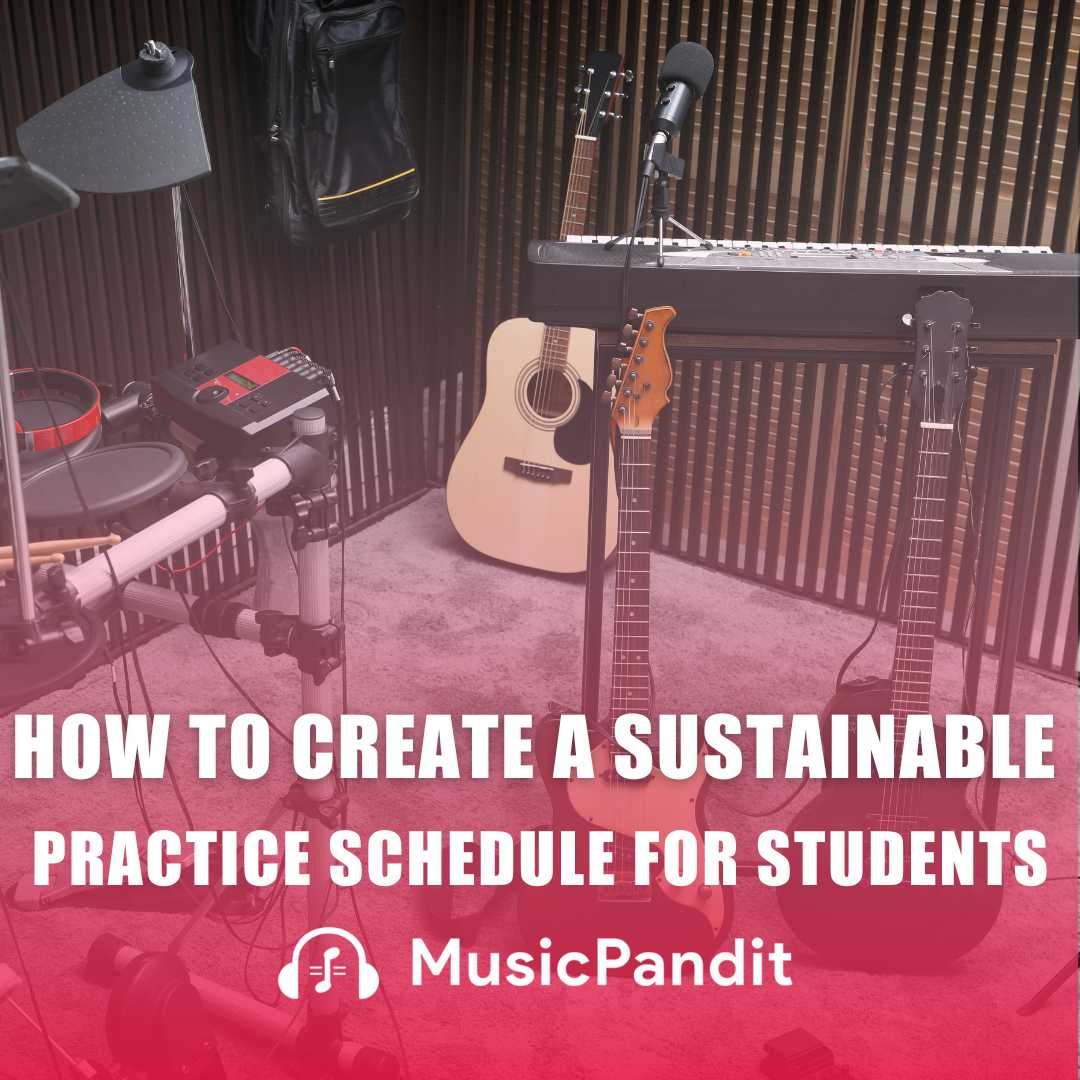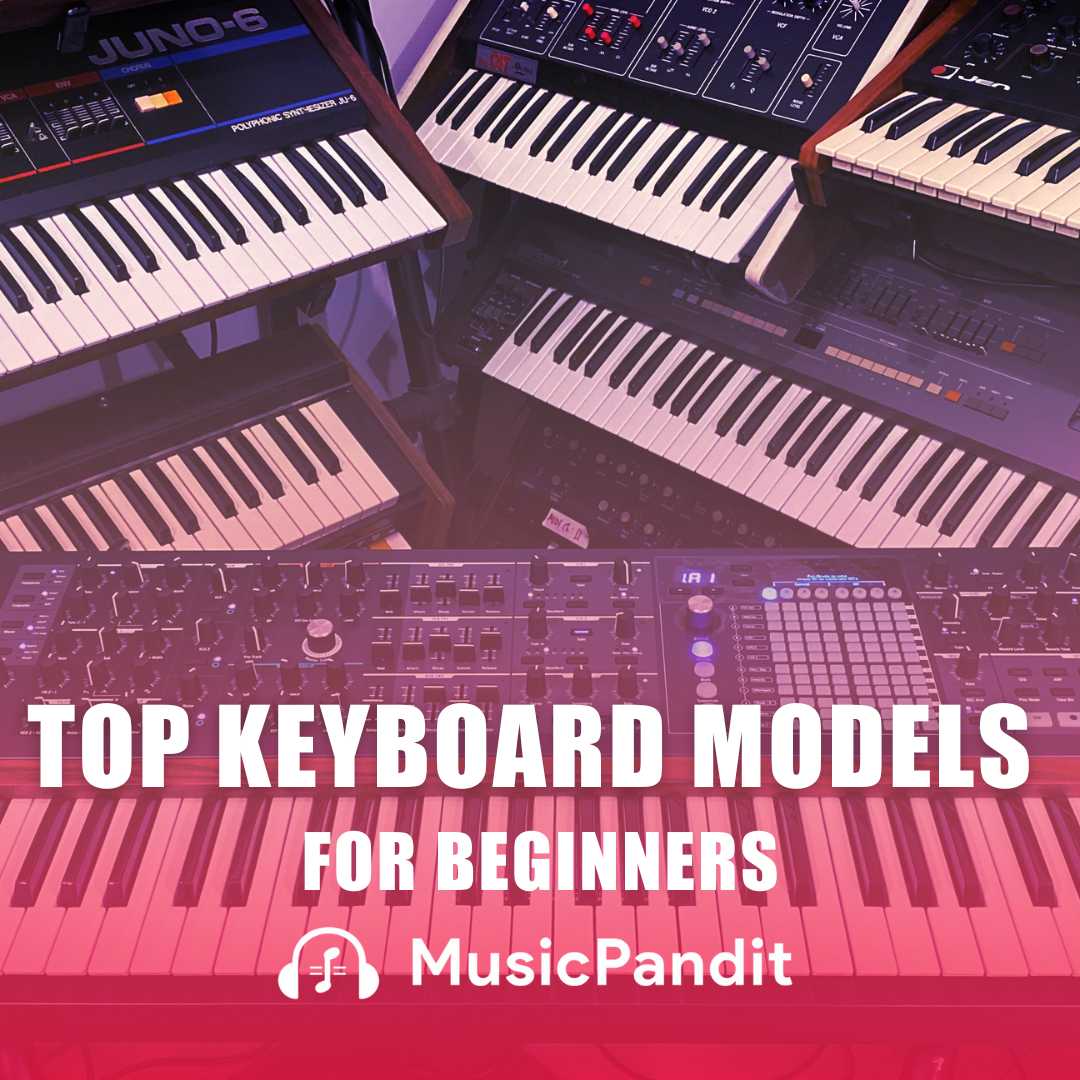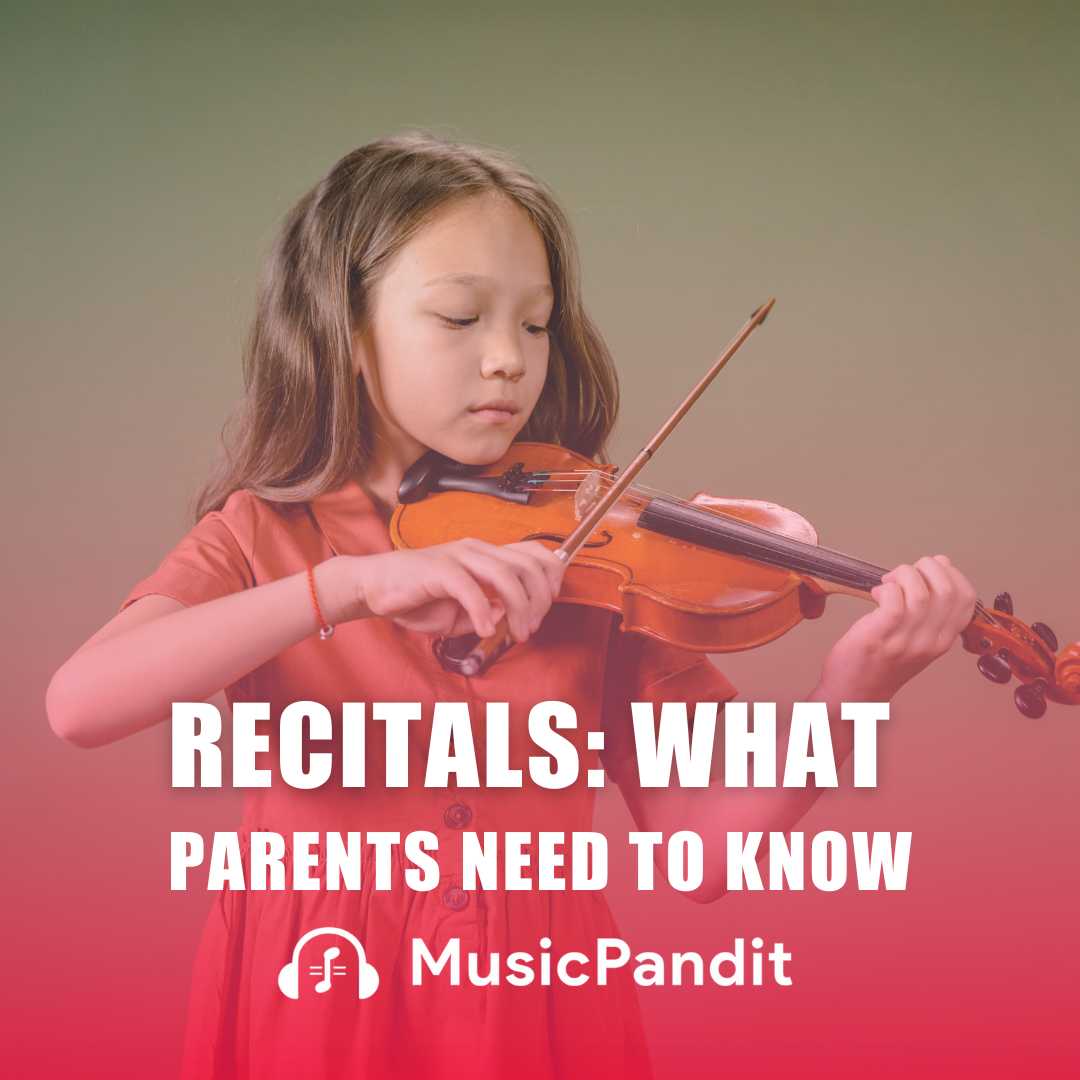There are multiple reasons why people want to learn to play the piano. From feeling great to looking sophisticated are amongst these. The piano is an easier and pain-free instrument to learn in comparison to the guitar or a woodwind or brass instrument. While on a guitar, new learners have to build up calluses on their fingers, for brass or woodwind instruments one must learn using one’s lips and facial muscles to produce sound. Unlike them, to play the piano you just need to sit and press keys.
The piano, in particular, offers people an exceptional outlet to seek creative expression, escape boredom and leave their troubles behind. It’s simply a fun-filled and joyful experience culminating in the development of a healthy mind, fit body and a fine life. What many do not realise is, there are also many scientifically proven physical and mental health benefits of playing the piano.
Benefits of Playing the Piano
It Boosts Your Aural Awareness
Whether you are naturally musical or are tone-deaf, learning to play the piano can enhance your aural awareness or can develop your ears for music. Piano playing teaches you to identify and recognise chords, intervals and tones and enables you to develop pitch sense.
It Enhances the Health of Your Body
Although people sit down to play the piano, they still reap the physical and physiological benefits of the workout it offers. Piano playing enhances fine motor skills and improves hand-eye coordination in players especially when they are younger. In older adults, such piano playing sessions have been shown by research to have anti-ageing effects as they increase the levels of the Human Growth Hormone. This in turn slows down inner ear hearing loss, memory loss and decline in brain processing.
What’s more, practising music like the piano brings down blood pressure and lowers heart and respiratory rates. It has also been proved to reduce cardiac complications and increase immunity in the body.
Playing the piano also strengthens your hand muscles and your arms if you ensure that you maintain the right-hand posture while playing the instrument. This stays with you even as you grow older. So no matter what age you are, your hand muscles will be stronger than others your age. In children, piano playing improves dexterity.
It Sharpens Your Mind
Playing on the keyboards also boosts intellectual and cognitive abilities. It helps you become smarter by activating the same parts of your brain that are used in Maths and spatial reasoning. It increases spatial-temporal abilities which are required extensively in science, Maths and engineering. A study by Martin F. Gardiner at the Study For Human Development Centre at Brown University proved that specialised musical training helped improve the Maths skills of second graders compared to their peers.
A 1990’s study showed the ‘Mozart effect’ in preschoolers. Here keyboard lessons were shown to boost early spatial-temporal intelligence and early language development in them. Not only this, piano playing helps form excellent habits like diligence, creativity, focus and perseverance.
Additionally, according to research, playing the piano also improves memory, especially verbal memory. It was found that kids who had taken piano lessons were able to remember twenty per cent more when it came to vocabulary words than their buddies. It has also been noted that childhood musicians are better at retaining information from lectures and speeches. In fact, learning music especially the piano also enhances reading comprehension skills in children.
It Reduces Your Stress Levels and Calms Your Mind
Various studies have also shown that piano playing results in lower anxiety levels, depression and loneliness. It has been noted in research that doing so also boosts self-esteem and relieves stress. Little wonder then that playing the piano is used as a type of therapy for children with Attention Deficit Disorder.
It Improves Split Concentration
Given that piano playing involves using both your hands while doing different things with them, it might be quite a challenge in the beginning. More so, because additionally, you are also listening to notes you are playing, reading music and working the pedals.
However, with constant practice the art of split concentration becomes a habit further aiding hand-eye coordination, enhancing your concentration levels and making you sharper. This also greatly improves your multitasking skills in the real world.
Learn to play the piano/keyboard with Music Pandit music courses today!















